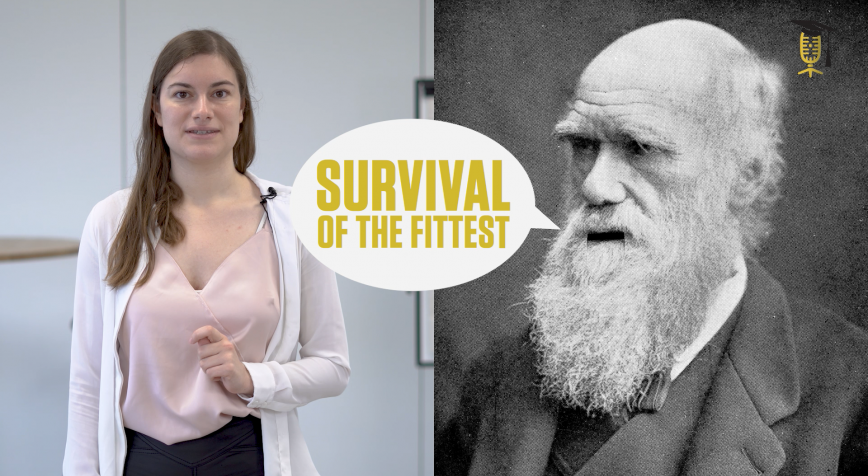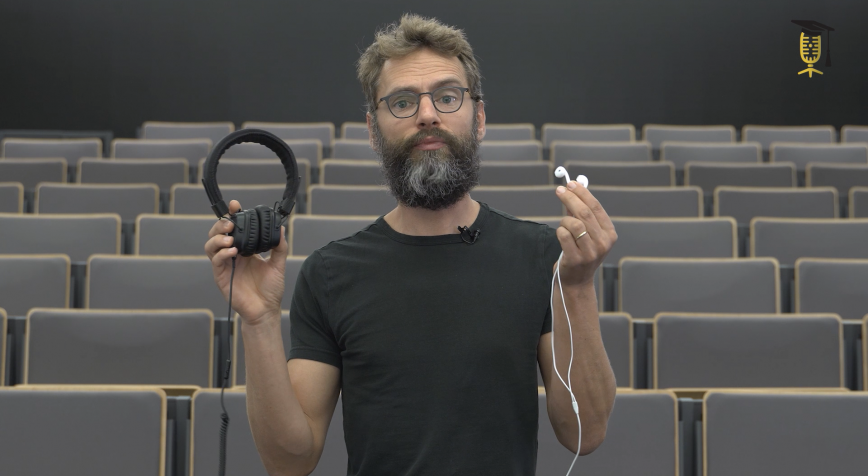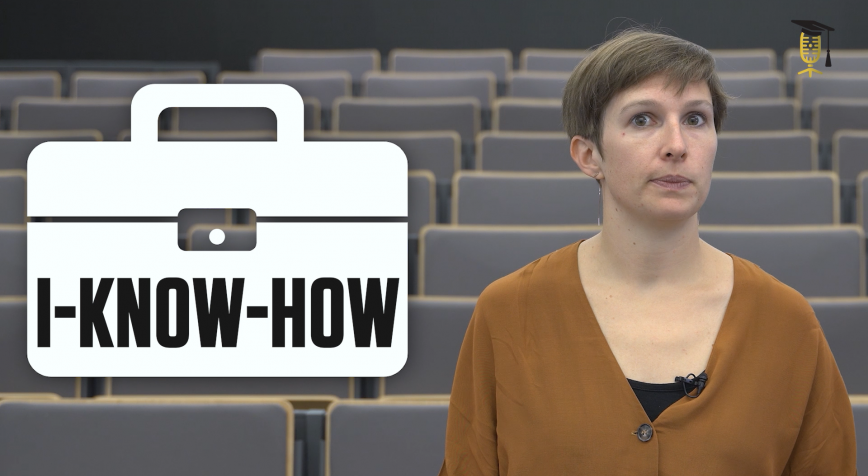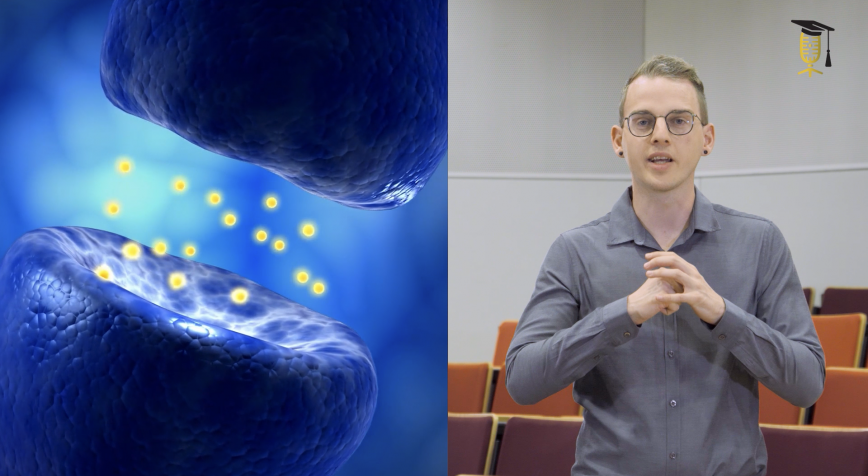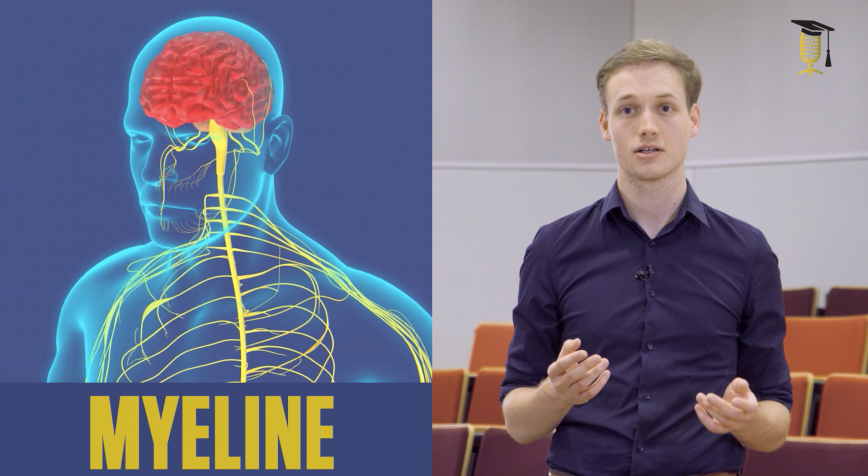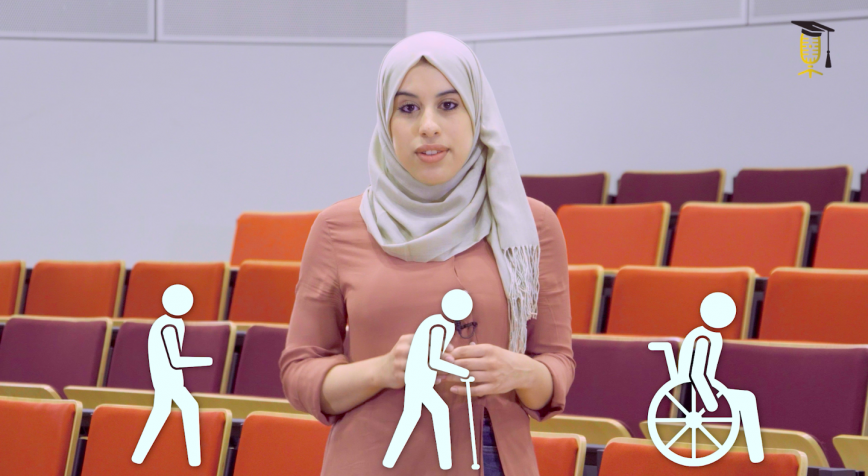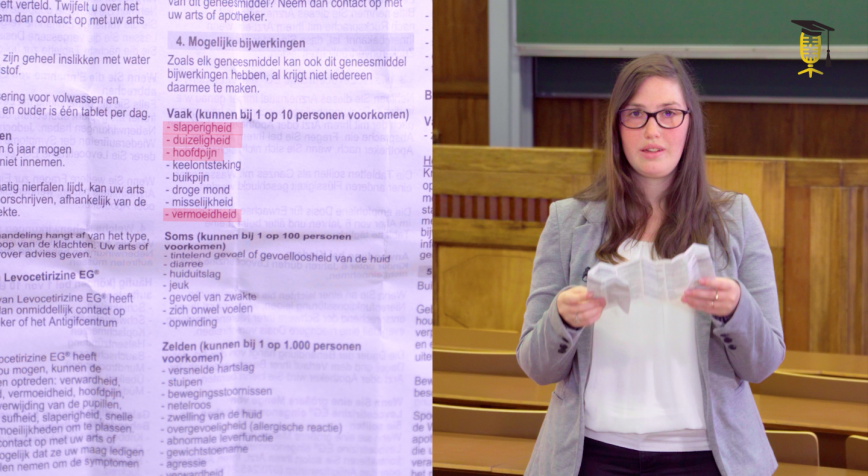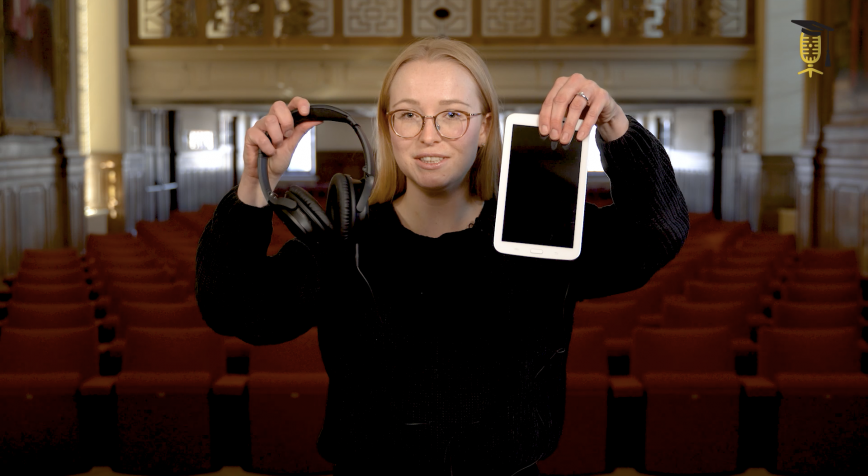
KU Leuven
Combating dyslexia with audio books
Hearing impairments play an important role in dyslexia. For example, people with dyslexia are less able to hear the subtle sound difference at the start of similar letters, such as the 'b' and the 'p'. By offering children adapted audio stories in nursery school, Shauni Van Herck wants to tackle these hearing problems at an early stage.


